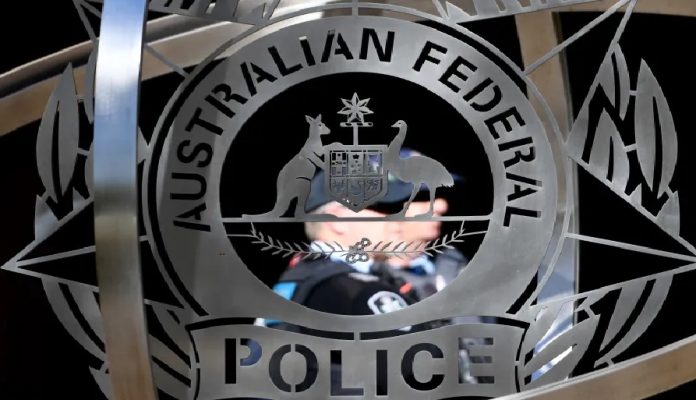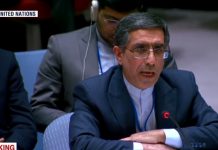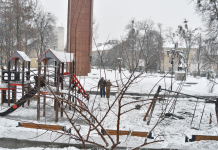MELBOURNE,Australia, July 12/AP/— An Australian army private and her husband accused of spying for Russia were denied bail Friday on the first charges against suspected operatives under Australia’s sweeping espionage laws enacted in 2018.
Kira Korolev, 40, and her husband Igor Korolev, 62, are Russian-born Australian citizens and hold Russian passports. They did not appear in person and were represented by lawyers in the Brisbane Magistrates Court on a charge each of preparing for an espionage offense.
They did not enter pleas and will appear next in a federal court on Sept. 20.
Australian Federal Police Commissioner had earlier told media the couple allegedly “worked together to access Australian Defense Force material that related to Australia’s national security interests.”
“We allege they sought that information with the intention of providing it to Russian authorities. Whether that information was handed over remains a key focus of our investigation.” Kershaw said.
While the couple are the first suspected operatives to be charged under the modernized espionage laws that also outlaw covert foreign interference in domestic politics, Australian security forces have disrupted alleged Russian spies in recent years.
Australia had quietly expelled a large Russian spy ring comprising embassy and consular staff as well as other operatives using deep-cover identities, a spy agency official and media reported last year.
Police arrested the Korolevs at their Brisbane home Thursday. She is an Australian Defense Force information systems technician, and her husband is a self-employed laborer. They moved to Australia more than a decade ago. The woman became an Australian citizen in 2016 and her husband in 2020.
Police allege the woman secretly traveled to Russia in 2023 while on extended leave from the Australian military. The husband allegedly accessed the woman’s work account from their Brisbane home and sent requested classified information to her in Russia.
The charge against each defendant carries a potential maximum sentence of 15 years in prison if either is convicted. If sufficient evidence was found that the information had been shared with Russia, the charges could be upgraded and the potential maximum prison terms upon conviction would be 25 years or life.
The Russian Embassy in Australia did not immediately respond to The Associated Press’s request for comment on Friday.
Russia last year accused Australia of “ Russophobic hysteria” for canceling the lease on land where Moscow wanted to build its new embassy. The Australian government judged the site to be a security risk because it was too close to Parliament House.
Burgess warned foreign spies that “when we can support a prosecution, we will support a prosecution.”
While the couple are the first to be charged under the espionage section of the 2018 laws, two Australians have been charged with foreign interference offenses under the same raft of reforms that were criticized by China.
Melbourne businessman, community leader and Vietnamese refugee Di Sanh Duong was convicted in December last year of covertly working for the Chinese Communist Party.
The 68-year-old was sentenced in February to 2 years and 9 months in prison on a conviction of planning to commit an act of foreign interference. He had denied the charge.
Sydney businessman Alexander Csergo was released on bail last month after being held in custody since his arrest in April last year. The 56-year-old has pleaded not guilty to a charge of recklessly supporting a Chinese intelligence agency and is awaiting a trial date.






